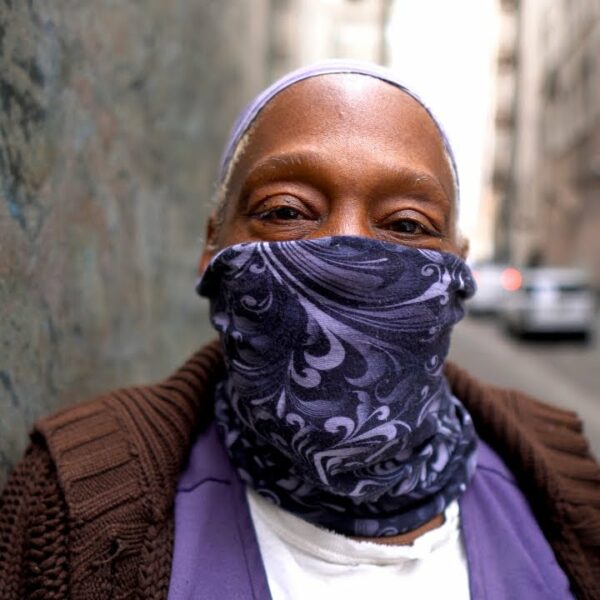As rates of homelessness increase in cities across the country, municipal lawmakers are looking more closely at Universal Basic Income programs as a bang-for-their-buck solution.
Cities ranging from Denver, Colorado, to Palm Springs, California, have been experimenting with basic income pilot programs for about a year. The programs have produced remarkable results.
For instance, participants in Denver’s basic income pilot reported spending their money on rent and food, while transgender and nonbinary individuals in Palm Springs reported improved housing stability. These programs have inspired other cities to study how to make their basic income programs work.
“[Universal Basic Income] is putting resources directly into the hands of people who need them,” Josette Manning, secretary of the Delaware Department of Health and Social Services, told local news station WHYY. “Whether or not it can or should be expanded is going to depend on the data analysis of the return on investment.”
Universal Basic Income is not new in the U.S., but it has gained steam since the pandemic began.
One of the first UBI programs began in Stockton, California, in 2014 and gave participants $500 per month for 24 months with no strings attached. After one year, 52% of participants reported being able to save money for an unexpected expense compared to just 28% of the program’s control group, according to the program’s website.
Another 62% reported making payments on their debt, compared to 44% of the control group.
Outside of reducing poverty and economic instability, UBI programs have also demonstrated that they can help prevent homelessness by helping people stay housed.
In Denver, the number of basic income program participants that got into housing that they rent or own increased from 8% to 35% within six months, according to the program’s midterm quantitative report.
“We see people spending it on basic needs, and then when they have more money, they’re paying down debts and investing in their future,” Denver Basic Income Project founder Mark Donovan told Rocky Mountain PBS. “The reports are exactly what we expected. People are getting housing faster, and they’re getting to work faster.”
The efforts to provide basic income to some of the lowest-income earners come at a time when homelessness is increasing across the country.
The latest “point in time” count figures, collected by volunteers every January, found more than 580,000 homeless people in the U.S. in 2022. That total represents an increase of less than 1% since 2020 when a full count was last conducted.
However, local point-in-time counts in cities like Los Angeles, Seattle, and New York City have all shown significant increases in homelessness. For instance, the City of Los Angeles saw its homeless population grow by 10% year-over-year up to more than 40,000, data from the Los Angeles Homeless Authority shows. Homelessness in New York increased by roughly 18%, according to local data.
Boston is one city that has been grappling with an explosive growth of homelessness since 2022. The latest data shows homelessness among single adults increased 17% year-over-year while the number of unsheltered individuals increased by 42%, local news station WBUR reported.
In turn, Boston lawmaker Kendra Lara and six other members of Boston’s City Council have discussed launching a temporary basic income program for individuals living below the poverty line.
“It is the responsibility of any city, state, or federal government to meet the basic needs of its constituents; a temporary guaranteed basic income program residents living in poverty can economically stabilize and support individuals, lift them out of poverty, and improve living standards and quality of life,” the proposed order reads in part.
San Francisco also launched its first guaranteed income program for former foster youth on November 3. The program will give participants $1,200 per month for 18 months. The city received more than $3.4 million from the state to fund the program. A similar program is also occurring in Ventura County.
“These programs are a promise to our youth. A promise to hear them, uplift them, and help them build their future,” said California Sen. Dave Cortese, who authored a bill to launch the basic income programs.
How You Can Help
Now is not the time to be silent about homelessness in California or anywhere else. Unhoused people deserve safe and sanitary housing just as much as those who can afford rent or mortgage.
Poverty and homelessness are both policy choices, not personal failures. That’s why we need you to contact your officials and tell them you support legislation that:
- Streamlines the development of affordable housing
- Reduces barriers for people experiencing homelessness to enter permanent housing
- Bolsters government response to homelessness
Together, we can end homelessness.












